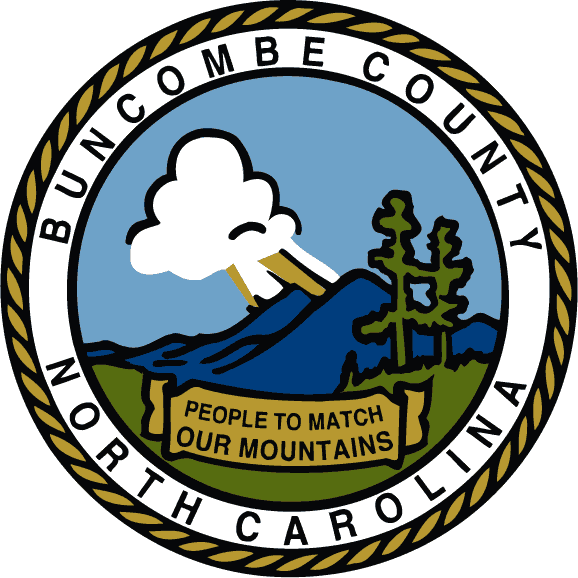The apocalypse may be nigh, but it’s not here yet. “Yes, ABC [Alcoholic Beverage Control] stores are considered essential retail. You’re welcome,” deadpanned Fletcher Tove, Buncombe County’s emergency preparedness coordinator, during a March 26 press briefing on the county’s COVID-19 response.
But many Buncombe residents, Tove said, were unclear about the definition of essential business in the wake of a supplemental state of emergency declaration, signed by Board of Commissioners Chair Brownie Newman on March 25, that orders all nonessential operations closed as of 8 p.m. March 26 to combat the spread of COVID-19. He noted that the county had since received over 600 requests to be exempted from the order, most of them from business owners whose work was already listed as essential.
Tove encouraged all residents to read the order itself and the county’s interpretive guidance, but he singled out several specific businesses for clarification during the briefing. Lawn care companies and in-person real estate showings, he said, were not considered essential, while credit unions, construction, housecleaning and babysitting were all allowed.
Workers at essential businesses will not be required to show any documentation of their employment as they travel to and from their jobs, Tove noted, and the county is not setting up checkpoints or roadblocks. Those employed outside Buncombe will also be allowed to go to work. “If you are getting pulled over, it’s probably because you’re speeding,” he added.
Federal disaster declared for N.C.
As of late March 25, the U.S. government considers the entire state of North Carolina to be under a major disaster due to COVID-19. Mike Sprayberry, the state’s director of emergency management, shared the news during a March 26 press briefing.
Both state and local governments, Sprayberry explained, will now be able to seek reimbursement from the Federal Emergency Management Agency for up to 75% of their expenses related to COVID-19 response. He noted that federal disaster unemployment assistance, crisis counseling, disaster case management and additional assistance from the Small Business Administration remain under review but could be approved as the situation changes.
Due to technical difficulties with the teleconferencing software used for the briefing, members of the media were only able to ask one question of Sprayberry and Dr. Betsey Tilson, the state’s health director. A reporter asked how long swabs from potential COVID-19 cases could remain viable before being tested; Tilson was not immediately able to provide a response.
In other news
- Following Buncombe County’s declaration, Haywood County issued its own stay-home order to go into effect at 5 p.m. March 26. The declaration is valid through Thursday, April 16, making its duration a week longer than that of Buncombe’s mandate.
- After previously restricting visitors to its gardens and grounds on March 18, the Biltmore Estate announced that it would close entirely at 5 p.m. on March 26 and remain closed until further notice. “In this unprecedented and unsettling time, we must make unprecedented decisions,” said Bill Cecil Jr., president and CEO of The Biltmore Co.
- On March 25, The Community Foundation of Western North Carolina awarded $286,800 in emergency grants to WNC nonprofits responding to COVID-19. A total of 38 organizations, including BeLoved Asheville, the Vecinos Farmworker Health Program and Western Carolina Rescue Ministries, received up to $10,000 in funding each.
- Asheville Mayor Esther Manheimer, using her recently granted emergency powers for the first time, relaxed city regulations on food truck locations and restaurant signage. According to a city press release, the move aimed “to increase access to safe dining options during the course of this COVID-19 public health emergency.”
- New Belgium Brewing has established a relief fund for laid-off and furloughed employees of restaurants, bars, nightclubs, music halls and stadiums in its main markets of Asheville and Fort Collins, Colo. The company has donated $50,000 and will match an additional $50,000 of community contributions; sidelined service workers can apply for grants of $350.



Thanks Mountain Express for giving us news without fear. I would also like to thank Buncombe Officials (city and county) for acting so quickly on our behalf. Now all we have to do is stay at home to do our part. Thankful!
Yes, good first steps. But it won’t be enough. After flattening the curve, then what? Are we going to maintain this approach for months on end?
A viable vaccine could be years away.
We better start formulating an approach to managing this thing for the long term.